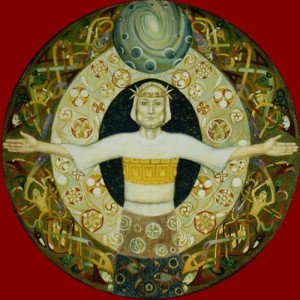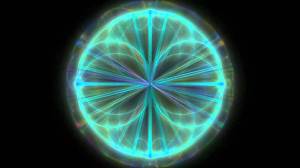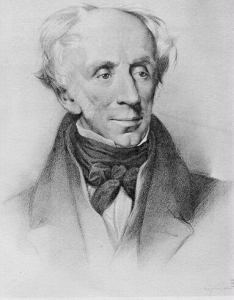At this point in Harold’s assessment of Judas and his role in the gospels, he makes a startling interpretation of a well-known scripture that has always been attributed to Jesus:
Judas, the despised, rejected of all, the one lost that the Scriptures be fulfilled, that nature’s supreme law might be fulfilled to the last iota – Judas, an utter revulsion to the elect upon whom fell the task of building Christianity – is he not the stone that the builders rejected? Scripture says:
The stone that the builders rejected is the chief stone now of the corner: this is the doing of the Lord, and a wonder to our eyes?…
The stone that the builders rejected is the chief stone now of the corner. Everyone who falls on that stone will be shattered, and whoever falls upon it will be crushed.

Although the early church used this Psalm as a prophecy of Jesus’ resurrection, Preston Harold gives us good reason as to why we might interpret it as referring to Judas.
A stone is matter. Matter is head of the corner of the building – the temple of life, the body. Most precious to man, the inherent and first necessity of life, is matter of his own. Yet this “stone” – flesh and its demands – is seen to be evil. Money is mammon’s symbol, and mammon is seen as evil. With matter and money Judas is completely identified. Was it not Judas upon who the crushing stone fell – was not the Judas drama the doing of the Lord?
It’s hard for me to argue with this reasoning. Yet a lifetime of interpreting this scripture as referring to Jesus presses back onto me. Harold continues:
As one views the whole picture, it would appear to say that there is one among the elect of consciousness, the superego, who gathers and disperses matter. At the command of Authority-Ego, this factor moves to convert this experience in life into “hard coin.” This member of the household that betrays to death can find solace only in death, but through its action One’s mission in life is completed and he gives back the “mammon” he has taken unto himself. Jesus says:
And I tell you use mammon, dishonest as it is…
He who is faithful with a trifle is also faithful with a large trust, and he who is dishonest with a trifle is also dishonest with a large trust….So if you are not faithful with dishonest mammon, how can you ever be trusted with true riches? And if you are not faithful with what belongs to another, how can you ever be given what is your own?
Mammon is dishonest because matter is not what it appears to be – it is but a trifle of mass. Judas had been faithful with the “trifle” of keeping the purse; Jesus could depend upon him to be faithful in executing the large trust involved in His betrayal and its aftermath – essential to His work. This world’s wealth, or matter, is not actually man’s own, but God’s. In this stewardship man must prove himself capable of using wealth before he can be given true riches – matter of his own.
Until next time, peace.




















